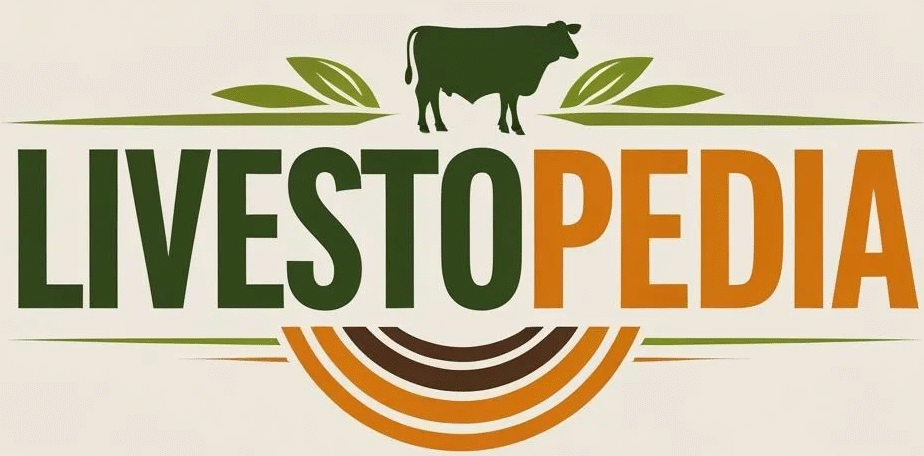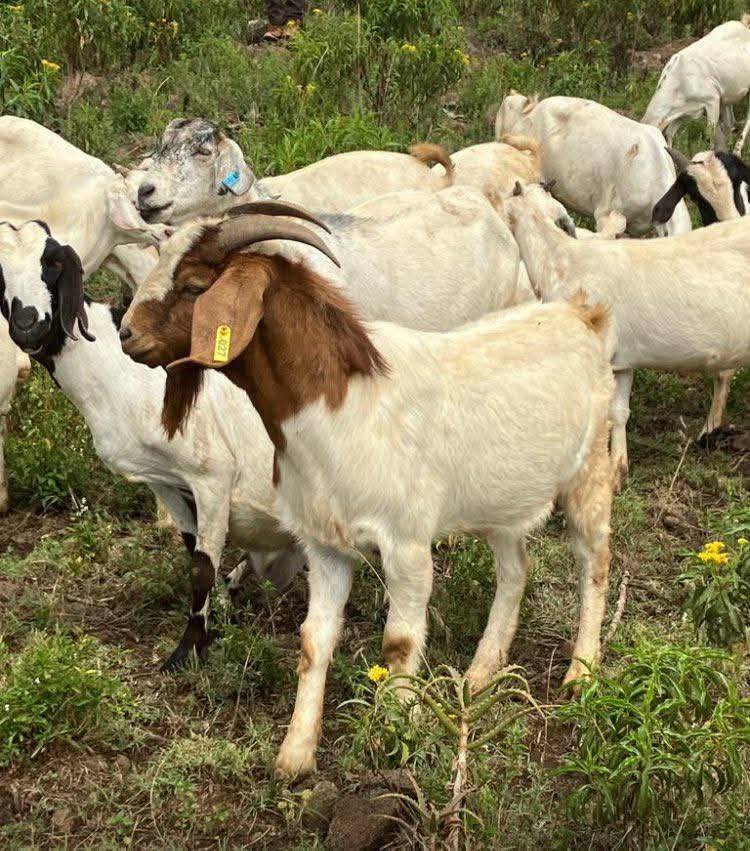For small-scale turkey farmers, preparing homemade feed can be a cost-effective and customizable alternative to buying commercial rations.
It allows greater control over ingredient quality, supports self-sufficiency, and can be tailored to the specific needs of the flock based on age, breed, and production goals.
However, formulating turkey feed at home requires careful attention to nutritional balance, as turkeys have higher protein and energy requirements than most other poultry, especially during their early growth stages.
For poults (0–8 weeks), a homemade starter feed should aim for 26–28% crude protein to support rapid muscle and bone development.
A typical formula could combine finely ground maize or wheat for energy, soybean meal or fish meal for protein, and small amounts of sunflower meal or ground peas to diversify amino acid sources.
Adding a commercial poultry premix ensures adequate vitamins and minerals, while crushed oyster shell or limestone provides calcium for bone health.
From 8–16 weeks, the grower diet can be adjusted to 20–24% crude protein with slightly higher energy levels to sustain growth without excessive fat deposition.
Here, maize or sorghum can form the bulk of the mix, supplemented with soybean meal, canola meal, or alfalfa meal for protein, and wheat bran for fiber. Again, a balanced poultry premix is essential to prevent deficiencies that could impair growth or immunity.
For finishing birds, usually 16 weeks and older, the protein level can be reduced to 16–18% while increasing grain content to boost energy for final weight gain and meat quality.
Ingredients such as whole or cracked maize, barley, and a smaller proportion of protein meals are ideal. Some small farmers also incorporate natural supplements like flaxseed or linseed meal to enhance the omega-3 content of the meat, appealing to health-conscious consumers.
When preparing homemade feed, ingredient freshness and cleanliness are crucial to prevent mold, mycotoxins, or bacterial contamination, which can harm turkeys’ health.
Grinding grains to an appropriate particle size improves digestibility, and mixing should be thorough to ensure every portion delivers the intended nutrient profile.
While homemade feed can reduce costs, periodic laboratory analysis or consultation with a poultry nutritionist is recommended to confirm that the formulation meets the birds’ requirements at each growth stage.
Done correctly, a well-balanced homemade diet can support strong, healthy turkeys and produce meat of exceptional quality for both local markets and home consumption.

